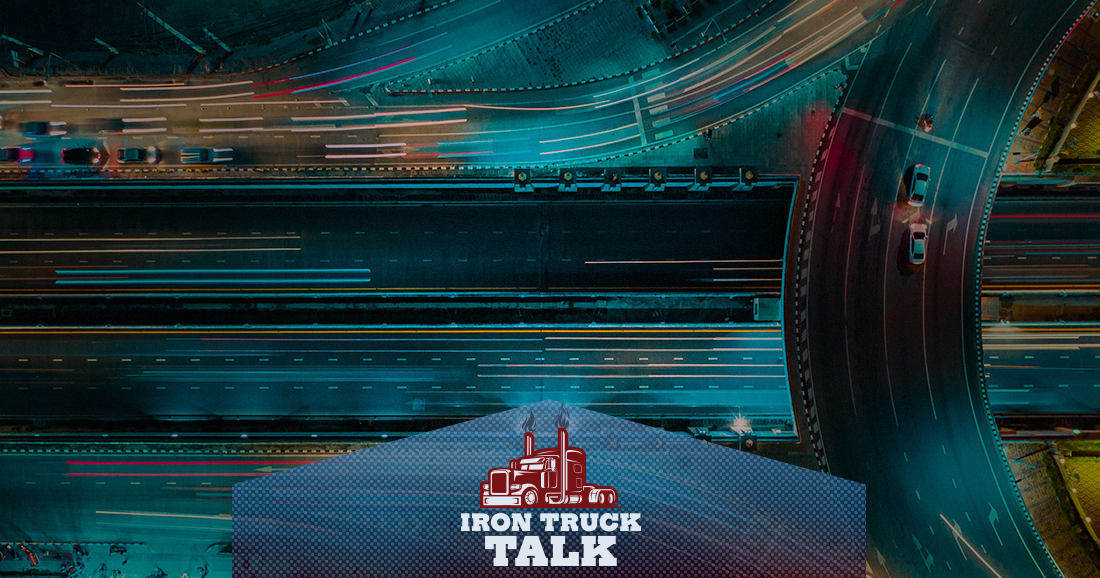Electric Trucks: It’s No Longer A Matter of If, But When

Battery electric vehicles are quickly moving from emerging technology to a reality on the road. According to Pew Research, since 2016, the number of electric cars registered in the U.S. has almost quadrupled, with 1.1 million in 2020. While still a small fraction of the total traffic, we can expect this level of growth to continue, as charging infrastructure expands, driving range increases, and purchasing costs become competitive with traditional fuel vehicles.
This interest in electrification has extended to the transportation industry, with companies and owner/operators wondering whether they should incorporate electric trucks into their existing fleets. Serious consideration is driven by a variety of factors, such as new regulations requiring more efficient transport and reduced emissions; the need to cut fuel costs, which are often a trucking company’s greatest (and most variable) expense; and a commitment to decreasing a business’s carbon impact.
From delivery vans to big rig trucks, automakers are responding with large-scale plans, new U.S. based factories, and innovative technologies that seek to accelerate the electrification of the transportation industry. In a recent article, GreenBiz listed no less than nine automakers that are in various production stages of electric transportation vehicles. In addition to relatively new companies, the list includes some of the leading truck makers in the world. The businesses that have contracts with these companies—Amazon, UPS, Walmart, and Anheuser-Busch to name just a few—are big, and their experiences with electrification will influence the technology’s adaptation.
In their report, Electric Trucks: Where They Make Sense, the North American Council for Freight Efficiency compares commercial electric vehicles with those running on diesel, and estimates when battery-power will achieve parity with gas. In the immediate future, NACFE foresees “mixed technology fleets rather than a one-size-fits-all approach,” which means that trucking companies will have to determine which, if any, of their vehicles are best suited to make a switch from gas to electric. Not surprisingly, NACFE predicts that early adopters will most likely be local delivery services with daily routes less than 100 miles, and whose vehicles can recharge at a single base at the end of the day.
The limits of the current technology mean that full electrification of the transportation industry is not imminent. As NACFE states in their report, the long-haul segments will be “particularly challenging,” since they require a nationwide charging infrastructure and large payload capacity, neither of which are close to being on par with diesel trucks.
With that in mind, it seems a little premature to talk about what might change for truck drivers as a result of this technology. However, the rapid rate of innovation and the increased use of commercial electric vehicles leads to some questions. Will a nationwide network of super-fast chargers be developed? What will maintenance look like for an electric truck? Will these vehicles have the power to do the kind of driving and hauling truckers are used to? Even if there is the perfect electric hauler, will anyone be able to afford it?
These next few years will be interesting as we see just what sort of potential these types of vehicles have, and how large of an impact they will have on the transportation industry.



